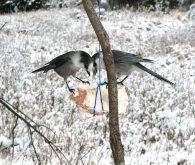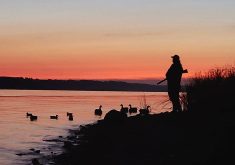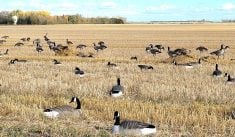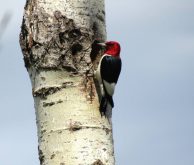In our front yard, there is an old barn.
It’s a little smaller than its full-scale cousins that still smatter Manitoba’s landscape. This one is in a tree.
Small changes to a long-abandoned birdhouse was all it took to attract new feathered residents.
Read Also
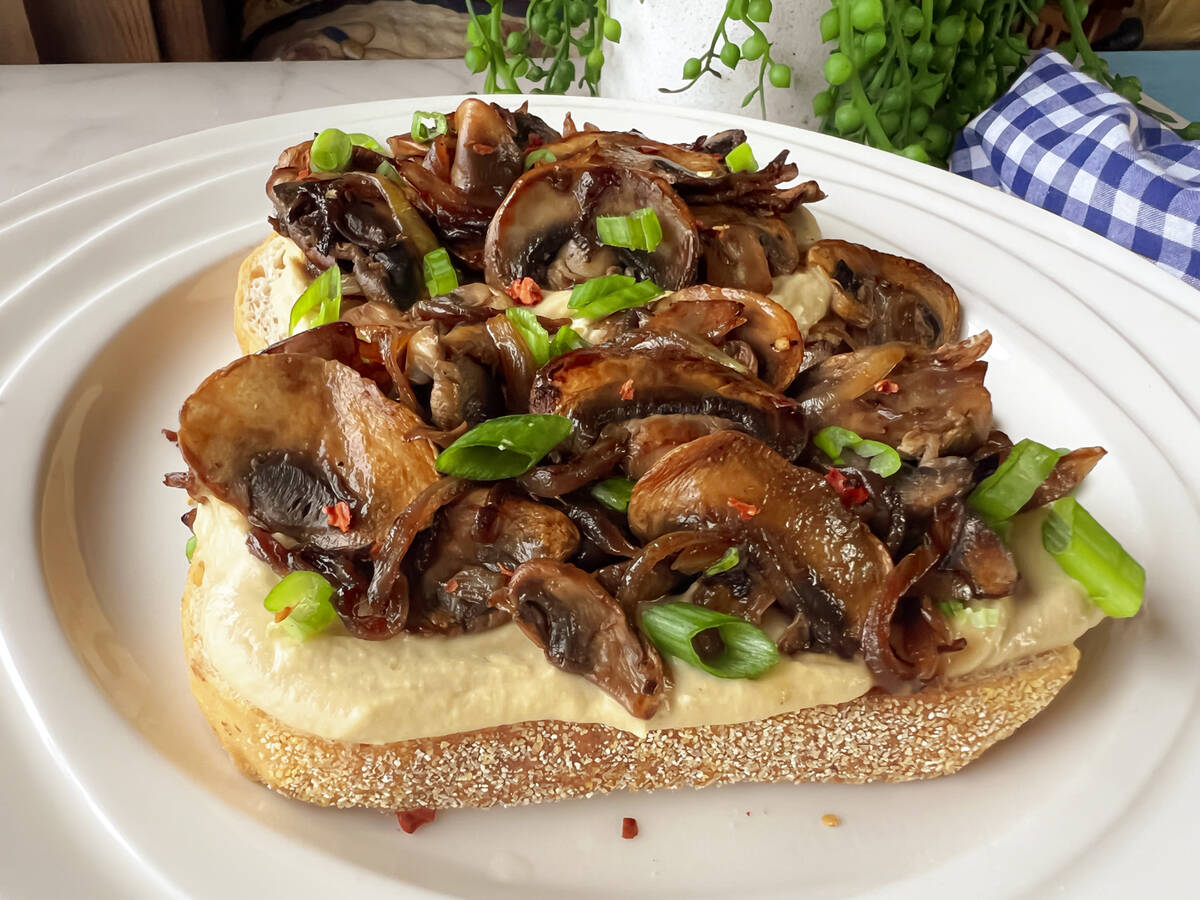
Use-it-up meals stretch the post-holiday menu
Leftovers and extra food abound in the first weeks of January. Give your kitchen a winter reset, clean out the fridge and save on your grocery bill
A remnant of a school project from bygone years, the barn’s red and white paint is not as vibrant as it once was. The weather-beaten walls have cracks.
Much to my chagrin, no creatures have lived in it since I’ve been here, and no amount of wishing has lured any birds. Many years ago, I was told, it housed a wren family every summer. The entrance was purposefully small, so only petite birds would fit.
Tired of waiting for the intended bird types to build a nest, and remembering the year before, when a pair of tree swallows tried their best to get inside, I tentatively suggested to my stepson (the original bird barn constructor), that the hole might be made bigger.
A day later, alteration finished, I eagerly watched from our living room window.
Somebody must have told the local swallow couple about the new real estate because, less than a week later, they were there to stake their claim. Finally, I’d have a front row seat to a feathered family settling in and raising their young, and would be able to admire the fledglings when they left home.
Then, the barn became contested territory. A pair of sparrows seemed to think that, since they live here year-round, they should have first dibs. I was rooting for the swallows. What followed was days of bird-bickering and aerial fights.

Eventually, my chosen team won. The sparrows gave up and the swallow nest building continued. For the next few weeks, dried grass and feathers were brought to the barn house, mostly by the female. For days on end, she would glide smoothly past our window with a beak full of building material. From my observation, the male acted as foreman at the construction site, stopping by every so often to oversee progress.
Before long, the foreman role changed to devoted soon-to-be papa. He was kept busy bringing food for the female, who didn’t venture too far from home and her eggs. I couldn’t wait to get my first glimpse of the babies and was so excited when a tiny head peered out.
Now both mama and papa flew back and forth all day long, feeding their young. Sometimes three tiny heads were visible at the same time, wide mouths waiting for juicy bugs.
I’d heard fledglings are pushed out of the nest by the parents and was looking forward to see how this would play out. Sometimes, it seemed one of the babies (now fully feathered) was wondering the same thing, as it poked its head out of the hole and looked down to the ground below. I hoped they’d be all right, especially with a number of dogs around our Hutterite colony.
Days later, while folding laundry, I noticed the female frantically darting around the tree. Upon closer look, there was a squirrel, but it seemed as if it was trying to get to the dog dishes beside the tree.
I grabbed my phone and recorded as the squirrel made for a water dish, the mother swallow swooping toward it in an effort to scare it off. The squirrel seemed nervous, and soon scurried back up the tree. Halfway up, it stopped, seemingly noticing the birdhouse for the first time. The little mammal clambered towards it and nimbly balanced on top. This sent the swallow into an anxious frenzy.
As the squirrel reached the opening, I thought there was no way it would fit through the hole. Surely the babies were safe.

The squirrel thought otherwise. It scrambled for access as I watched, wondering if a squirrel would, in fact, eat baby birds. I was horrified when it got partly through the hole.
Phone abandoned, I hurried outside, looking for something long to reach the birdhouse. By then I was angry enough to want that squirrel dead. Unfortunately for the critter, a hoe stood right beside the front door. The squirrel came out of the birdhouse just as I got to the tree. I poked at it with my weapon and, apparently cowed by my hoe, it scampered away. It stopped on a nearby branch and looked back, probably to see if I was still there.
Then a blackbird joined the battle. The newcomer chased the squirrel through leaves and branches, staying right above it, squawking loudly as the interloper scurried up and down trees and out of sight.
I stood watching, still holding my weapon. I wasn’t sure what to make of that chase, since a few days before, another blackbird visit had been met with anxiety from the swallows.
My eyes turned back to mama bird, still anxiously darting around the tree. Not a sound came from her home. A few feathers clung to the opening, a sorrowful reminder of the harm inflicted by a squirrel. After a while, the female swallow flew away, not even going near her nest. I haven’t seen her since.
A few hours later, I witnessed another somber moment as the male swallow flitted in front of the nest, but also held back from approaching the opening. I stood by the window in silent lament as it dawned on me that, if I had intervened sooner, there might still be a swallow family in our old birdhouse.
I know squirrels have to eat too, and have since learned that they only go after eggs and baby birds when unable to find other food. However, it doesn’t ease the sadness that the bird family I had the joy of watching for weeks ended so tragically. Three babies were inside the birdhouse when my stepson cleaned it out the next day. I, like the swallow parents, could not bear to look.
Still, there is always hope that another feathered family will call the old barn home one day, even if it wasn’t this year.
As I return to my laundry, I’m reminded of Emily Dickinson’s poem, Hope is the Thing with Feathers:
Hope is the thing with feathers
That perches in the soul,
And sings the tune without the words,
And never stops at all,
And sweetest in the gale is heard;
And sore must be the storm
That could abash the little bird
That kept so many warm.
I’ve heard it in the chillest land,
And on the strangest sea;
Yet, never, in extremity,
It asked a crumb of me.



